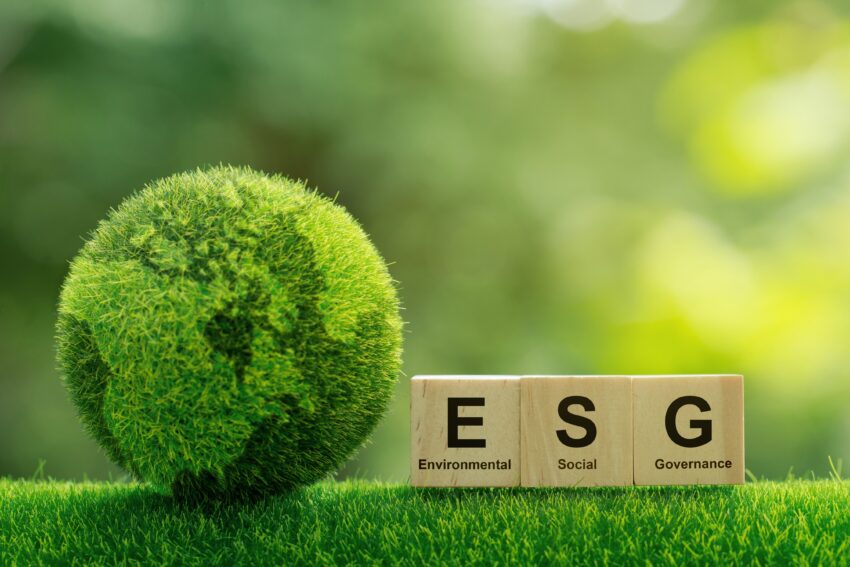Environmental, social, and governance (ESG) are standards companies use to measure their sustainability. These are set for socially conscious investors to see the potential in funding the organisation.
Plus, they allow corporations and companies to do their part in environmental preservation. The Financial Times explains that there are many different metrics being used by assessment providers who grade these businesses, including the initiatives’ impact, the number of raw products conserved, and the engagement of investors and advisers.
Why ESG is a top priority
Our past article on ‘ESG Investing’ highlights that there is a growing need to fight the current threats that our climate and environment are facing. The United Nations released 17 sustainable development goals that individuals and companies all over the world are expected to meet.
Because of this, investors are now taking into consideration the ESG ratings of different organisations before deciding whether or not they are worth financing. The rise of responsible consumerism also increases the importance of companies creating and implementing more sustainable practices. ESG remains to be a top priority in today’s business landscape because it can mean the difference between gaining support from investors and the public and not receiving any at all. It’s also important to note that ESG ratings can be affected by both big and small efforts alike, so every effort counts.
How to meet these standards
Make operations more sustainable
The first thing an organisation can do when considering its ESG is to make its operations more sustainable. The World Economic Forum gives examples of how businesses can do this, such as responsibly sourcing raw materials used for production and making manufacturing less wasteful. Companies can also try relying on alternative energy sources rather than fossil fuels to produce fewer carbon emissions. Not only will this help meet different ESG criteria, but it also aligns with the goals of the public to create more sustainable practices.
Utilise technology
Another way companies can meet different ESG standards is by maximising their use of technology. Doing so will help lessen their paper waste, which the Government Statistical Service reported to amount to 5,533 tonnes in 2020 alone. One small way to go paperless is by replacing traditional business cards with digital ones. They serve the same purpose but have a less negative environmental impact. Digital business cards from Doorway can also easily be updated by companies to reflect current relevant contact information so there will be no need to re-print them. Users can easily save them on their phones which means they won’t risk losing the card. Companies can also utilise cloud computing as their main means of data storage and communication to make the shift to paperless easier.
Make eco-friendliness part of company culture
It is also important for businesses to foster sustainability at a grassroots level. Making eco-friendliness a core part of company culture will help create a more holistic approach to meeting ESG standards. Forbes notes that creating changes like giving incentives to employees who use public transport and lessening overall energy consumption are effective methods to make your organisation more sustainable. You can also form a team that can assess other ways your organisation can become more sustainable and implement company-wide policies that address these issues.
Meeting ESG standards should be done by every company, not only because it is beneficial for them, but it also helps the environment. Investors and consumers are raising emphasis on sustainability and businesses need to be able to cater to this to future-proof themselves and ensure that they continue to be supported by the public.
For more discussions on the most pressing business topics, check out the latest posts on Business Matters Magazine.


